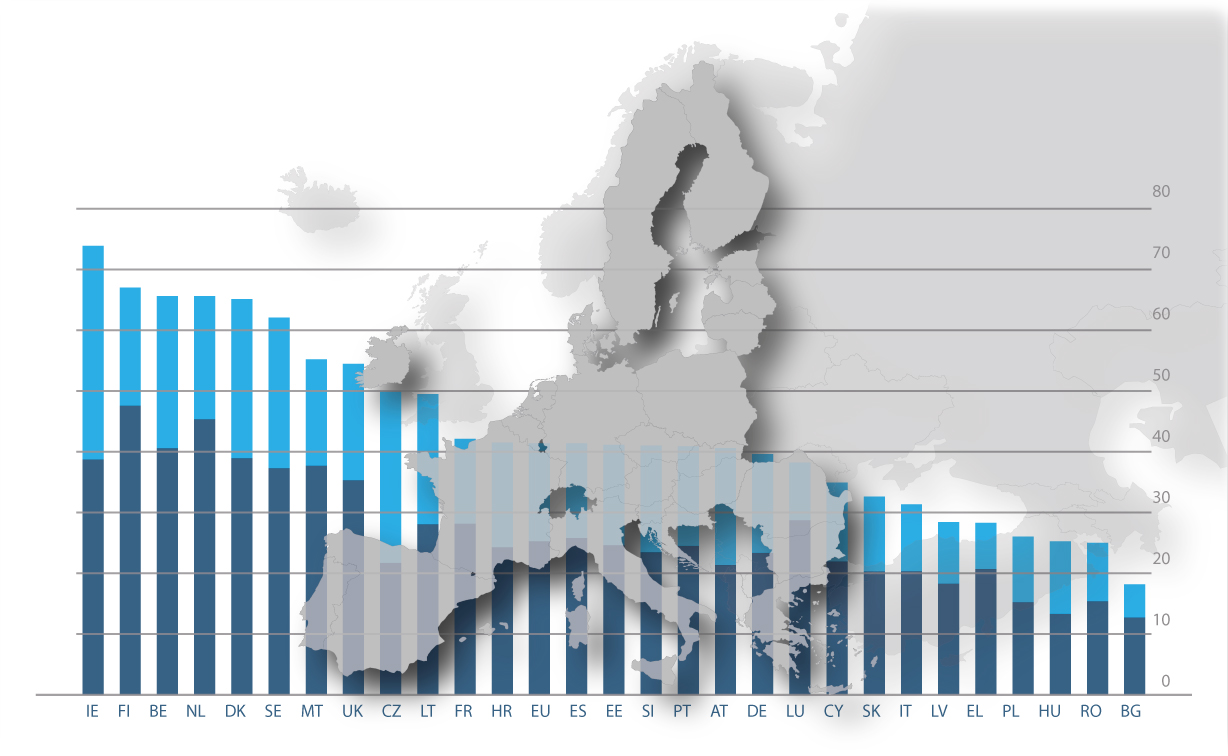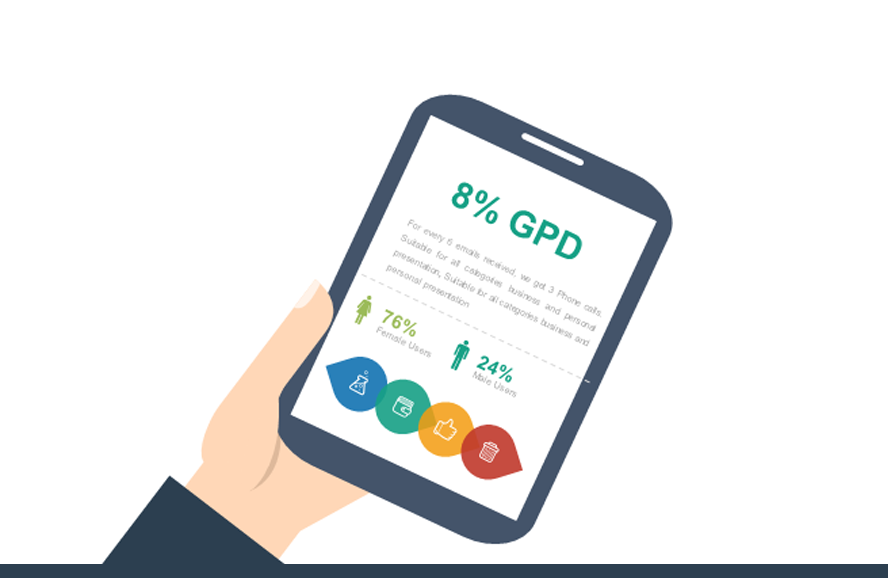Sobre la Cátedra/About de Chair
La Comisión Europea reconoce el papel clave que las transiciones digital y verde pueden desempeñar en la mejora del panorama empresarial en Europa. La economía digital está en el centro de las prioridades establecidas por la Comisión Europea (CE), según indicó la presidenta Von der Leyen. A pesar de la relevancia del tema, no se ha dedicado ninguna Cátedra Jean Monnet a estudiar y promover estas transiciones gemelas (al menos desde 2014 en adelante) y muy pocos módulos y CoE estaban interesados en este tema.
En este contexto, esta cátedra Jean Monnet “Transiciones gemelas de la UE para pymes y profesionales” tiene como objetivo general promover las transiciones verdes y digitales de la UE para pymes y profesionales, y también formar a un gran número de estudiantes sobre el tema.

Para alcanzar este objetivo general se establecen como objetivos específicos:
1) Consolidar la asignatura “Economía Digital en la UE” incluyendo nuevos contenidos y la transición verde. Para difundir el conocimiento de los retos de lo digital y lo verde en el contexto de la UE, se ha diseñado y se imparte desde 2016 la asignatura “Economía Digital en la UE” (en inglés) en el marco del Máster Oficial en la Unión Europea. El objetivo ahora es mejorar los materiales sobre temas digitales, y completarlos diseñando y grabando masterclases y recursos audiovisuales (en inglés) sobre temas de sostenibilidad y elaborar un libro sobre “La doble transición en la UE: El papel de las pymes y la industria europea” durante el periodo de presidencia. También incluir un nuevo módulo 7 sobre las áreas clave de políticas verdes y sostenibles definidas por la CE para 2019-24.
2) Ampliar la enseñanza sobre las “transiciones gemelas de la UE” a los estudios de licenciatura y máster. En concreto a los grados de Administración y Dirección de Empresas, grado de Economía, y grado y master de Ingeniería Industrial, como futuros profesionales clave en la era digital.
3) Completar la oferta docente sobre “Economía Digital en la UE” con un seminario/taller de 1 día para estudiantes de negocios y economía, un seminario/taller de 1 día para estudiantes de ingeniería y un seminario/taller de 1 día para toda la universidad.
Además, se prevén actividades complementarias de investigación y tutoría de profesores jóvenes. Asimismo, el titular de la Cátedra participará en eventos de difusión e información a nivel nacional y europeo, promoviendo el debate con empresas, instituciones y responsables políticos.
Las características de enseñanza semipresencial de la propuesta (principalmente en línea, y también incluyendo actividades en el campus) garantizan un alto impacto de la iniciativa, con una estimación de más de 4000 estudiantes involucrados como se detalla en esta propuesta y puede llegar a muchos de los estudiantes con discapacidad (más de 7300 en la UNED).
La acción continuará y ampliará nuestra anterior cátedra sobre Economía Digital en la UE hasta 2023 (Erasmus+ 619793-EPP-1-2020-1-ES-EPPJMO-CHAIR) 2020-2023 que está ayudando a las pymes en su viaje digital con más de 47 vídeos, podcasts, materiales y recursos abiertos. Y el libro «Economía digital en la Unión Europea: Apoyo a las pymes».
Esta iniciativa promueve y da mayor visibilidad a los estudios europeos en la UNED (una de las universidades más grandes de Europa con unos 200.00 estudiantes). Una de las titulaciones más prestigiosas de la UNED es el Máster universitario oficial en la Unión Europea, la titulación clave en estudios de la UE en esta institución. Este Máster ofrece a los estudiantes un conocimiento profundo de qué es la Unión Europea y cómo funciona para que puedan comprender sus mecanismos de acción internos y externos y los complejos sistemas de toma de decisiones.
La Cátedra Jean Monnet también promoverá y dará mayor visibilidad a estos estudios europeos fuera de la Universidad. El material quedará grabado y publicado en el repositorio audiovisual, CanalUNED y Youtube para que toda la Universidad pueda visualizarlos. Material seleccionado también estará accesible en abierto (REA) en CanalUNED y Youtube para quienes estén interesados, fuera de la Universidad. Además de los más de 4000 estudiantes implicados, contamos con la impresionante capacidad de comunicación y difusión de la UNED: Con veinticinco millones y medio de reproducciones de nuestros contenidos audiovisuales.


The European Commission recognizes the key role that the digital and green transitions can play in improving the business landscape in Europe. The digital economy is in the core of the priorities established by the European Commission (EC), as indicated by president Von der Leyen. Despite the relevance of the topic, no Jean Monnet Chairs have been devoted to study and promote these twin transitions (at least from 2014 onwards) and very few modules and CoE were interested in this topic.
In this context, this proposal for a Jean Monnet chair “EU twin transitions for SMEs and professionals” has the general objective of promoting EU Digital and Green transitions for SME and professionals, and also train a massive number of students on the subject.

To achieve this general objective, specific objectives are established:
1) To consolidate the subject “Digital Economy in the EU” by including new contents and the green transition. To spread knowledge of the challenges of the digital and green in the EU context, I have designed, and I am teaching since 2016 this subject “Digital Economy in the EU” (in English) within the framework of the Official Master’s Degree in European Union Studies. The goal now is to improve materials on digital topics, and complete by designing and recording masterclasses and audiovisual resources (in English) on sustainability issues and prepare a book about “Twin transition in the EU: The role of the SMEs and the European industry” during the chair´s timeframe. Also to include a new module 7 about the key green and sustainable policy areas defined by the EC.
2) To expand the teaching on “EU twin transitions” to bachelor/master studies. In particular to the Business Administration & Management degree, Economy degree and to the Industrial Engineering degree, as key future professionals in the digital age.
3) To complete the teaching offer on “Digital Economy in the EU” with 1-day seminar/workshop for business and economy students, 1-day seminar/workshop for engineering students, and a 1-date seminar/workshop for the whole university and outside.
Additionally, complementary activities on research and mentoring of junior professors are planned. Moreover, the JM Chair holder will participate in dissemination and information events at national and European level, promoting the discussion with companies, institutions and policymakers.
The blended teaching characteristics of the proposal (mainly online, and also including on campus activities) guarantees a high impact of the initiative, with an estimation of more than 4000 students involved as detailed in this proposal and can reach many of the student with disabilities (+7300 in UNED).
The action will continue and expand our previous chair on Digital Economy in the EU ending 2023 (Erasmus+ 619793-EPP-1-2020-1-ES-EPPJMO-CHAIR) 2020-2023 that is helping SMEs in their digital journey with more than 47 videos, podcasts, materials and open resources. And the book «Digital Economy in the European Union: Supporting SMEs» .
This initiative promotes and gives greater visibility to the European studies in UNED University (one of the largest universities in Europe with +200,00 students). One of the most prestigious degrees at UNED is the official university Master in European Union, the key degree on EU studies in this institution. This Master offers students a deep understanding of what the European Union is and how it works so that they can understand their internal and external mechanisms of action and the complex decision-making systems.
The Jean Monnet Chair will also promote and give greater visibility to these European studies outside the University. The material will be recorded and published in the subject repository, and CanalUNED and Youtube therefore all the University can visualize them. Selected material will be also accessible openly (OER) in CanalUNED and Youtube to whoever interested, outside the University. In addition to the more than 4000 students involved, we count on the impressive communication and diffusion capabilities of UNED: With twenty-five and a half million reproductions of our audiovisual content.

Financiado por la Unión Europea. Las opiniones y puntos de vista expresados solo comprometen a su(s) autor(es) y no reflejan necesariamente los de la Unión Europea o los de la Agencia Ejecutiva Europea de Educación y Cultura (EACEA). Ni la Unión Europea ni la EACEA pueden ser considerados responsables de ellos. / Funded by the European Union. Views and opinions expressed are however those of the author(s) only and do not necessarily reflect those of the European Union or the European Education and Culture Executive Agency (EACEA). Neither the European Union nor EACEA can be held responsible for them.

Jean Monnet Chair «EU twin transitions for SMEs and professionals» EU-TWIN-TRANSITION Project number: 101126403 by Julio Navío is licensed under CC BY-NC 4.0
Este obra cuyo autor es Jean Monnet Chair «EU twin transitions for SMEs and professionals» EU-TWIN-TRANSITION Project number: 101126403 está bajo una licencia de Reconocimiento 4.0 Internacional de Creative Commons [CC BY-NC 4.0]